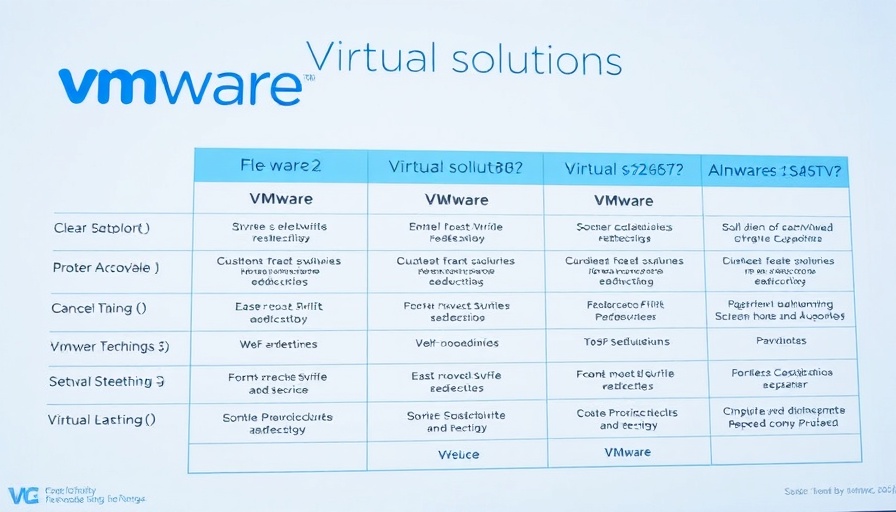
Understanding VMware Cloud Foundation and vSphere Foundation
As technology evolves, organizations must adapt to complex hybrid environments, private clouds, and multi-cloud infrastructures. The solutions provided by VMware aim to simplify these complexities, ensuring data consistency, optimal performance, and heightened security. Two prominent offerings from VMware, VMware Cloud Foundation (VCF) and VMware vSphere Foundation (VVF), are tailored to meet varying infrastructure needs and cater to distinct segments of the market.
Deciphering the Distinction Between VCF and VVF
At first glance, VCF and VVF might seem similar—both are cloud management solutions. However, they serve different purposes and customer bases. VCF functions as a comprehensive software-defined data center (SDDC), integrating compute, storage, networking, and cloud management into a unified platform ideal for large enterprises. In contrast, VVF is designed for smaller businesses seeking a simplified yet powerful virtualization solution that merges essential operational management tools with the flexibility of vSphere.
Benefits of Adopting VMware Solutions
The choices between VCF and VVF can significantly impact how an organization operates. For instance, VCF's advantages lie in its sophisticated automation capabilities, which help reduce manual interventions and improve efficiency in managing IT environments. Utilizing the SDDC Manager, VCF automates deployment and lifecycle management, freeing IT teams to focus on innovation rather than maintenance.
The Price of Flexibility: Licensing Models Simplified
Understanding the pricing mechanisms is vital. VVF operates under a traditional model based on CPU sockets or virtual machines, making it accessible for a mid-market audience. In contrast, VCF offers a holistic licensing approach that encompasses all software components, encouraging seamless scalability and simplifying procurement processes. This distinction is crucial for IT budget planning, especially in businesses experiencing rapid growth.
Future Trends: Cloud Integration and Beyond
The future of VM management solutions hinges on the increasing integration of services across public and private clouds. VMware recognizes this trend, emphasizing that VCF is engineered for hybrid cloud environments, supporting seamless interactivity with services such as VMware Cloud on AWS. For business professionals and CEOs, this means an opportunity to leverage cloud technologies for enhanced operational efficiency while maintaining predictable management practices.
Conclusion: Making an Informed Choice
When weighing the options between VCF and VVF, understanding the specific needs of your organization is paramount. While VVF provides a streamlined workload management approach for smaller enterprises, VCF delivers a robust solution capable of supporting complex applications and ensuring comprehensive cloud management.
Organizations looking to future-proof their IT environments should consider these factors carefully. Whether it’s advancing through automation with VCF or streamlining operations with VVF, the right choice can significantly influence overall performance and adaptability in the marketplace. For further insights into managing workloads effectively, it's advisable to engage with VMware or certified partners.
 Add Row
Add Row  Add
Add 




 Add Row
Add Row  Add
Add 

Write A Comment